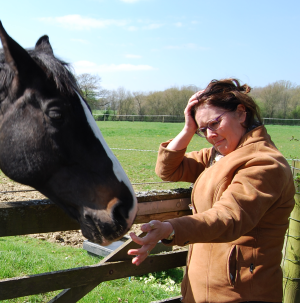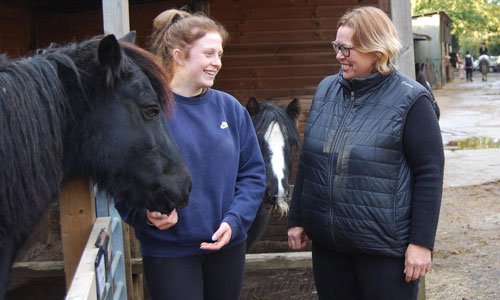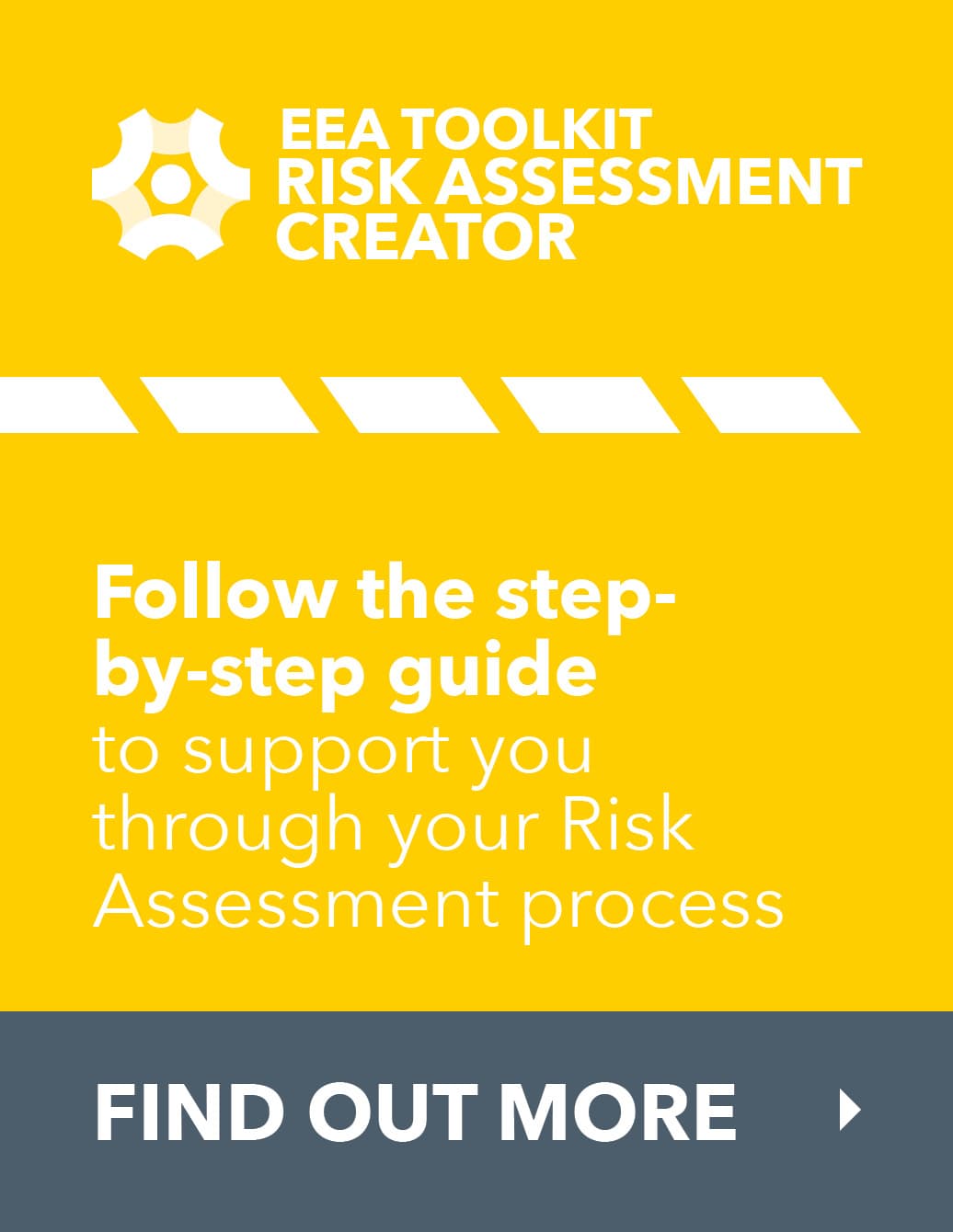- Join Us
- Login
- EEA ToolKit
- Employment Essentials
- Frequently asked
- Contracts and wages
- Time off work & absence
- Staff management & training
- Workplace disputes
- Dismissals and resignations
- Pregnancy and children
- Avoiding discrimination
- Redundancy and Retirement
- Other responsibilities
- Legal Helpline
- Recruitment
- Good Recruitment
- New starters
- Find a groom
- Good Employment
- Resources
- Downloads Library
- EEA Pension & Payroll
- Safe workplace
- Employers Minds
- Transporting horses
- Riding Establishment Licences
- Member discounts
- Business Hub
- Equestrian businesses
- The business plan
- Business compliance
- My clients
- Livery Contract Creator
- Financial matters
- Business challenges
- Marketing
- The EEA
- Employers Life
- Contact


#COVID - 19: GUIDANCE FOR EMPLOYERS
Page updated 22nd February 2022
With the rapidly changing nature of the COVID-19 outbreak, information and advice from Government can change quickly. For all the latest Government information on COVID-19 and the measures the Government, and Devolved Governments, are taking, please visit the UK Government website, the Scottish Government website, the Welsh Government website or the Northern Irish Government website.
The information below is kept under continuous review and is updated often, please be sure to check the COVID-19: guidance for employers and businesses from the Government for the latest updates.
Covid-19 Response:
"Living with Covid" Plan
The Government have now annouced their "Living with COVID" plan. The plan provides the roadmap for England to remove all COVID-19 restrictions currently in place.
The Roadmap for England only is as follows:
24th February 2022
- It will no longer be a legal requirement for people testing positive with Covid to self isolate
- Guidance will be to stay at home and avoid contact for at least 5 full days and continue to follow the guidance until having two negative test results on consecutive days
- Self isolation support payments for those on a low income will be stopped
- Routine contact tracing will end and there will no longer be a requirement for daily testing where people have been in close contact with a case of Covid 19
- Employees and workers are no longer legally required to inform their employer that they are self-isolating
24th March 2022
- Covid 19 provisions will be removed from Statutory Sick Pay (SSP) regulations and the Employment Support Allowance regulations
1st April 2022
- Covid-19 testing will no longer be free for the general public
- Voluntary Covid status certification removed, and Covid 19 passports will no longer be required by certain venues. They may still be required for international travel
- Guidance setting out the ongoing steps that people with COVID-19 should take to minimise contact with other people will be updated
- General advice and guidance will be updated
Wales, Scotland & Northern Ireland
Restrictions are still in place for the rest of the UK at this present time.
Download
The full Government Response Document can be accessed here
Carrying over annual leave
The Working Time Regulations have been amended to allow for carry-over of annual leave that has not been taken due to COVID-19.
This rule only applies to the 4 weeks of statutory annual leave (or the worker’s pro-rata entitlement) that is derived from the EU Working Time Directive. It does not apply to the additional 1.6 weeks’ statutory leave that workers are entitled to under domestic law, or any additional leave they may be entitled to in accordance with their contracts.
These 4 weeks of leave can only be carried-over where it was ‘not reasonably practicable’ for a worker to take some or all of this leave in the leave year in which it is due, because of the ‘effects’ of COVID-19. We are told that these ‘effects’ include effects on the worker, the employer or the wider economy or society.
No guidance has been provided as to what is “not reasonably practicable”. This is likely to be fact-sensitive for each worker. Presumably the ability to take leave must be genuinely and significantly affected by COVID-19.
Such carried-over leave may be taken in the 2 leave years immediately following the leave year in which it was due. Should the worker’s employment be terminated before they take this carried-forward leave they can receive a payment in lieu for it.
YOUR MENTAL HEALTH 
Your mental health matters and at a time when everything seems a little uncertain it is important to stay in communication with those around you.
If you are feeling worried or out of sorts then have a look at Employers Minds, our online support to help you.
Remember at this time your friends and colleagues may also be struggling so reach out and stay in contact. Here at the EEA we are open as normal and here to chat and help where we can.
USEFUL ADVICE
As the coronavirus continues to spread keep up to date with advice from the NHS who has detailed information on staying safe, and symptoms.
The BEF will issue regular statements from Member Bodies regarding their standing on the situation and events.
If you have a question that is not answered please get in touch - we are here to help you.

















